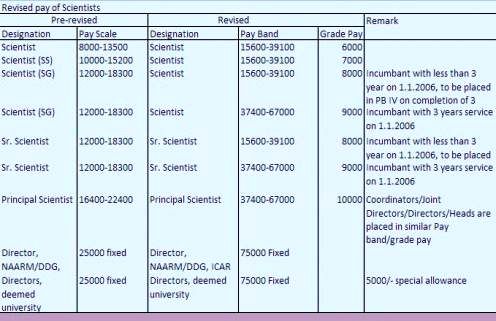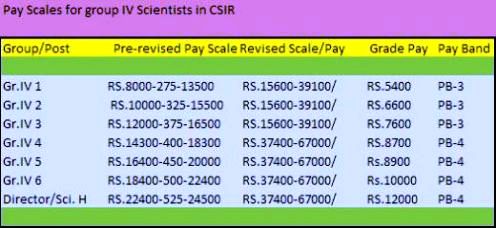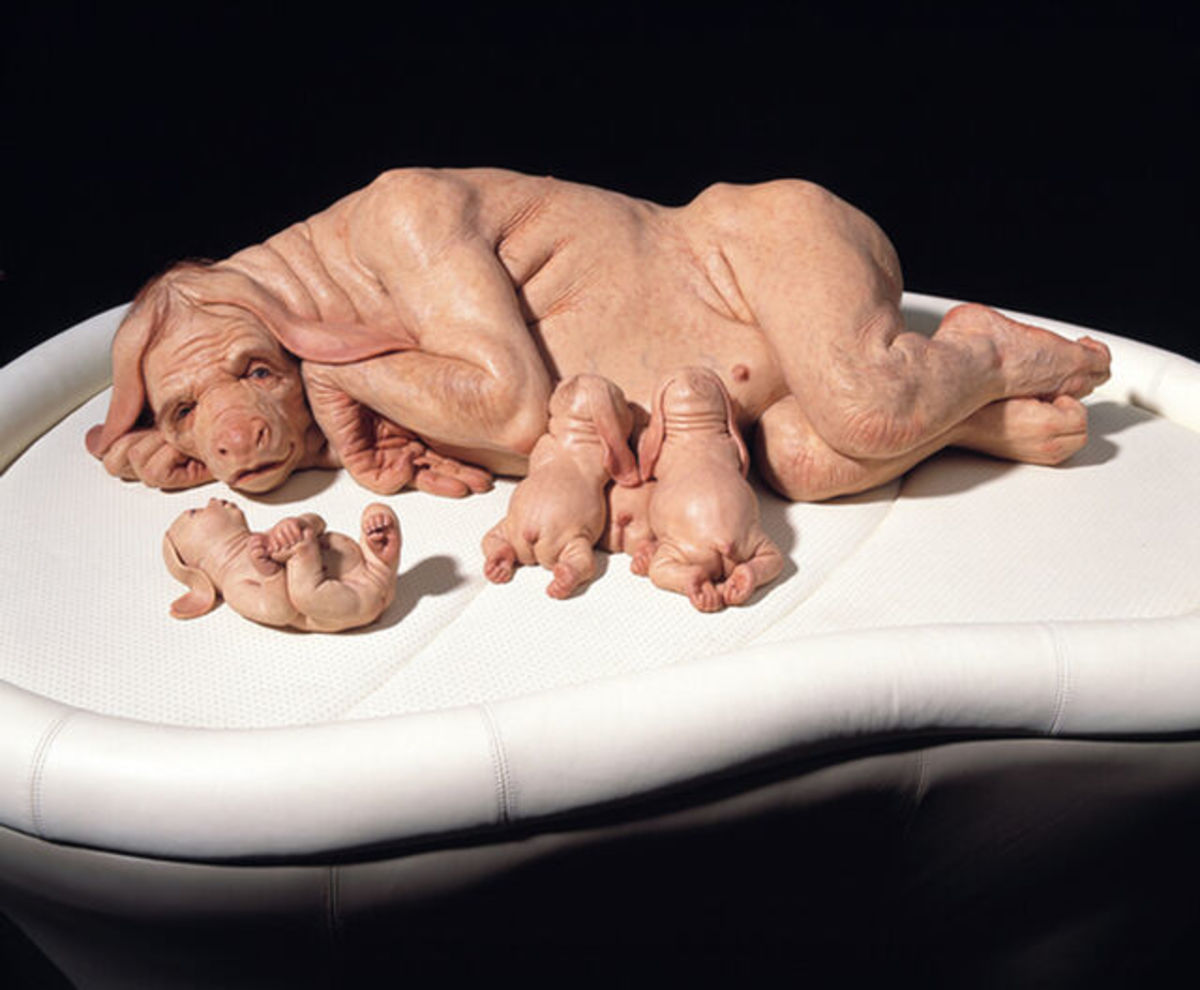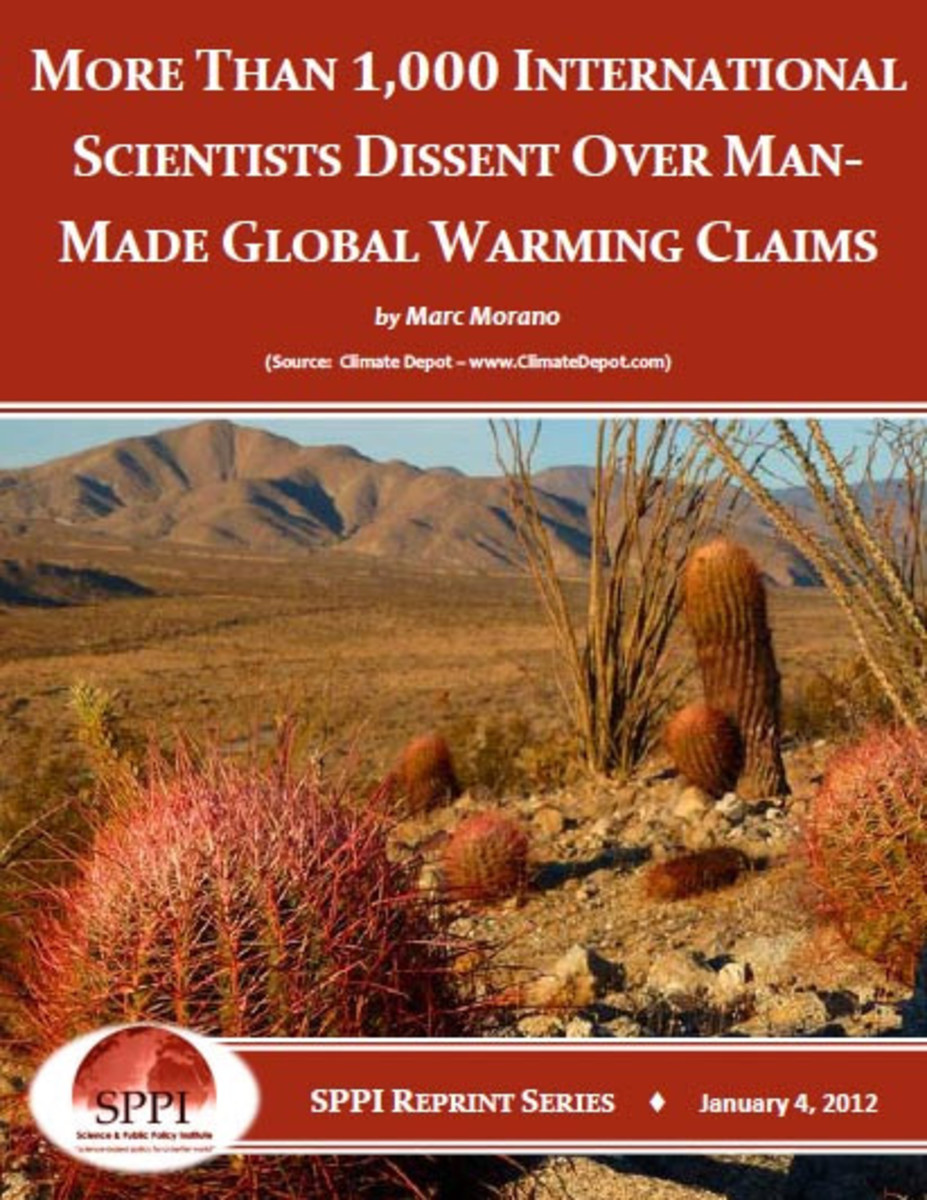How to become a scientist in India? Selection process & job description in different scientific organizations

Research in India is getting a boost not only from the Government but also from the private sector. Relaxation in the taxes to industries promoting research activities has resulted in increased research related activities in various fields such as agriculture, medicine, science, technology and engineering etc. Majority of the organizations have their research wings to face challenges posed by changing technology and keep pace with changes in their respective fields of activity. Both the public and private sector have a research oriented unit with few mandates. Although thousands of institutes are engaged in the research activities and recognized for the same, public sector institutes work under the aegis of a controlling body. A listing of major research organizations (under Govt. jurisdiction)/central bodies controlling the research and education in the agriculture, science, industries, medical and biotechnology sector is given below.
Public Sector Research Organizations
1. Indian Space Research Organization (ISRO): Mandate of the ISRO is to develop and strengthen space technology for performing various tasks related to economic development and provide communication services by launching the satellites etc.The ISRO, headquartered in Bangalore, has a total workforce of about 10,000 scientists and engineers.
Job Opportunities
Candidates selected in ISRO for Scientific jobs get designation of Scientist/Engineer SC in Group A, Gazetted/Non-Gazetted, at the entry level and placed in the pay band of Rs. 15600-39100 with grade pay of Rs. 5400/-. At present, the gross emoluments are approximately Rs. 36,120/-p.m. In addition, House Rent Allowance and Transport Allowance at the prescribed rates depending on the place of posting are paid.Essential qualification for the entry level post is BE/B.Tech/BSc (Engg)/Grad IETE/AMIE in Engineering in First Class with an aggregate minimum of 65% marks.Age limit for general category is 35 years and 40 years for SC/ST/OBC. Career advancement sheme and pay package is more or less similar to those working in the CSIR and DRDO.
Selection Procedure
ISRO Centralized Recruitment Board (ICRB) places advertisements for the recruitment of scientists through Online application mode. Candidates are shortlisted based on the academic performance and bio-data for taking-up written test. The call letters for the written test to the short-listed candidates are sent only by e-mail. Based on the performance of the candidates in the Written Test, candidates are short-listed for the interview. Candidates attending interview are reimbursed to and fro second-class train fare by the shortest route.
Other channel to recruit Scientists is based on the admissions to the IIST for graduation course in Engineering. Successful candidates with first division are absorbed as entry level scientists in the ISRO.
Pay scales of DRDO Scientists along with grade pay are shown below.
Designation - Pay Scale - Grade Pay
Scientist 'B' - 15,600-39,100 - 5400/-
Scientist `C' - 15,600-39,100 - 6600/-
Scientist `D' - 15,600-39,100 - 7600/-
Scientist `E' - 37,400-67,000 - 8700/-
Scientist `F' - 37,400-67,000 - 8900/-
Scientist `G' - 37,400-67,000 - 10000/-
Scientist `H' - 67000-79,000/ - -----
Distinguished Scientist 75,500-80,000/- (HAG+Scale). -----
2. Defence Research & Development Organization (DRDO): It works to enhance self-reliance in Defence Systems and meet the requirements of world class weaponry of armed forces.Scientists and technologists are recruited to join Defence Research & Development Service (DRDS). They are designated at the entry level as Scientist B in the Group 'A' (Gazetted).DRDO follows fully Flexible Complementing Scheme (FCS) for career advancement and scientists are upgraded automatically based on their merit to the next higher scale.In case of non-availability of Government accommodation they also get 30% HRA besides DA and transport allowances. In addition to perquisites like LTC, Medical facilities and various advances, they also receive an amount equal to two increments if placed in cadres of Scientist C to Scientist F. On promotion to Scientist G, a special pay of Rs 4000/- per month is also admissible. An allowance of Rs 10000/- (Scientist B -D), 20000/- (Scientist E - F) & 30000/- (Scientist G onwards) per annum is granted as a professional update allowance. Reimbursement subject to 15% deduction is also allowed for newspapers and periodicals subject to a maximum limit as per rules. DRDO scientists are trained in its own institutes at Pune & Mussourie as well as other prestigious academic institutions and provided foreign deputation.
3. Department of Biotechnology (DBT): To promote and accelerate the pace of development of biotechnology, a separate Department of Biotechnology was established under the ministry of Science & Technology in 1986. It promotes use of biotechnology in the broad areas of agriculture, health care, animal sciences, environment, and industry.
4. Department of Science & Technology (DST): It was established in 1971 to act as a nodal agency for promotion of science & technology activities in India.
Autonomous bodies/Councils
5. Indian Council of Agricultural Research (ICAR): Its an autonomous organization under the Department of Agricultural Research and Education (DARE), Ministry of Agriculture, Government of India, established in 1929 as Imperial Council of Agricultural Research in pursuance of the report of the Royal Commission on Agriculture. It is the largest national agriculture research system in the world with 99 ICAR institutes and 53 agricultural universities. Scientists are recruited by Agricultural Scientist Recruitment Board, New Delhi. Presently, ICAR has adopted the UGC package and details related to various scientific cadres are available in the article ICAR Scientists: Pay Package & Career Advancement

ICAR follows UGC pay package for its Scientists in toto but its package differs from UGC in respect of Senior Scientist designation and their eligibility for next cadre. ICAR scientists without Ph.D. and designated as Scientist in the pay scale of Rs 37400-67000/- with grade pay of Rs 9000/- becomes eligible for next promotion 3 years after award of Ph.D. whereas a research scientist in the same scale in UGC becomes eligible on date of award of Ph.D. if he has completed 3 years service with grade pay of Rs 9000/-. on or before of award of degree.UGC has designated its lecturers (Selection Grade) as Associate Professor but ICAR has downgraded the designation of Scientist (SG) to Scientist with 9000 RGP.
6. Council of Scientific & Industrial Research (CSIR): Mission of the CSIR is to maximize the benefits (social, economic and environmental) for the Indians through scientific industrial research and development. Pay packages and related information is available on the hubpage CSIR Scientific Jobs: Revised Pay Package

7. University Grant Commission (UGC): Government of India established UGC in November 1956 as a statutory body for the coordination, determination and maintenance of standards of university education and research in India. Pay scales of the UGC teachers and research officers are available in the article UGC pay package (6th pay): fitment tables for teaching & associated cadres
8. All India Council for Technical Education (AICTE): AICTE was established through the All India Council for Technical Education Act 1987 with a view to the proper planning and coordinated development of the technical education system throughout the country. Pay packages are available on the page IITs, IIMs and CFTIs Teaching Faculty: Revised Pay Package
9. Indian Council of Forestry Research and Education (ICFRE): ICFRE is the apex body in the area of forestry and works under the ministry of Environments and Forests to work for development of holistic forestry research through coordinated research, education and extension in the forestry.
10. Indian Council of Medical Research (ICMR): ICMR is the apex body for the formulation, coordination and promotion of biomedical research in India. Indian Research Fund Association established in 1911 for sponsoring and coordinating medical research in India was rechristened in the 1949 as the Indian Council of Medical Research.Department of Health Research, Ministry of Health & Family Welfare provides the fund to the council for management of research activities..
11. Central Council for Research in Ayurveda and Siddha (CCRAS): It works under the aegis of the department of AYUSH (Ayurveda, Yoga & Naturopathy, Unani, Siddha and Homeopathy), Ministry of Health & Family Welfare, Government of India, as an apex body for the formulation, co-ordination, development and promotion of research in Ayurveda system of medicine.
12. Central Council for Research in Homeopathy (CCRH): It also acts under the department of AYUSH and established in 1978 primarily as a research body. Its activities include documentation of medicinal plants, clinical research and drug standardization.
13. Central Council for Research in Yoga and Naturopathy (CCRYN): It also acts under the department of AYUSH for co-ordinating research in yoga and naturopathy.
© 2013 Crusader








